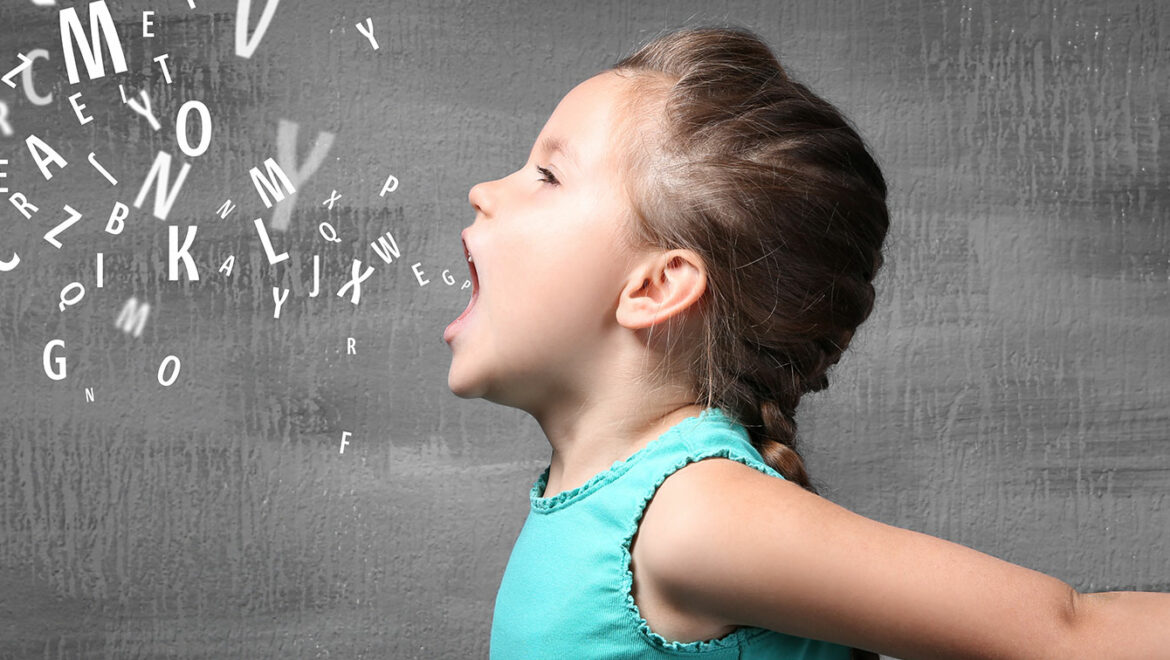Parents play such an important role in the early years. There is SO much evidence on how our interaction significantly impacts language development. This is so positive, as it means parents and carers have the power to positively impact on their child’s development. There is a positive correlation between the frequency of games, playing, singing and reading and the child’s expressive language. By trying a few simple ideas, we can make a significant contribution to your baby’s communication skills.
Here are just a few top tips:
‘Special time’ each day
In the busy life we lead, setting some time each day is so important for you and your child. I am talking about minutes and is dependent on their attention span. So if they can only focus for five minutes, try five minutes and build it up to fifteen minutes a day. Switch off the TV, screens and phone and play with them.
“Play is not frivolous. It is not a luxury. It is not something to fit in after completing all the important stuff. Play is the important stuff. Play is a drive, a need, a brain-building must do.” (Jeff A Johnson & Denita Dinger 2012)
Follow their lead
When you are playing with them, follow their lead. Try to divert your agenda and show interest in their interests. This has so many benefits. They will be more focused if they are motivated in what they are playing with. If they are attending and listening to the activity, they will be more likely to listen to the words and vocabulary we are using, and as a result will get more language models. This increases the likelihood of them using new words!!
Face to face
Get down to the same level as your child and face them. This allows non-verbal communication (e.g. eye contact, facial expressions, subtle gestures) to be picked up more.
You’ll be able to pick up their subtle gestures when they’re trying to communicate with you and see what grabs their attention.
Plus, if they can see you, they’ll be more interested when you talk.
Reduce questions
Imagine being fired ten to twenty questions a day when the language used is quite hard to understand. I would get really overwhelmed. I think some may get angry. It’s so normal for us to ask questions during play, e.g. “what’s that” “what does a cow say” “what colour is this”
However, when asking questions, we are testing and not teaching. It seems so obvious when said like that. It is so important to switch out our questions for comments. We need to teach and support our children, and not test.
Try to stop asking questions, and instead comment on what they are doing. Try to only ask questions when you are sure they know the answer, or if you think it can continue the conversation.
So instead of “what’s that”, say “it’s a dog”, instead of “what does a cow say”, say “the cow goes moo” and instead of “what colour is this”, say “it’s red”
Focus on a small number of words
When playing with your child, choose a few functional words linked to the activity and say them as many times as appropriate. Use a maximum of one to two word phrases at one time. For example, if you have bubbles, choose – “bubbles”, “up”, “go” and try to focus on these three words by modelling them at appropriate times throughout the game. A child needs to hear a word said in a functional and meaningful way several times, before they understand it. Only when they understand that word, do they have a chance in using it appropriately. The more they hear words said in a functional and meaningful way, they more likely they are to use them.

Pause and silence
Silence is OK. Silence can be beneficial. It creates anticipatory pauses to give opportunity for your child to use their language. It gives time for your child to process. It gives time for your child to take their turn. It gives opportunity for your child to initiate language. Pausing and waiting is OK. Sometimes I count to ten in my head before I ask again or give an instruction again. It gives them more time which is helpful.
Going forward with your interactions: Choose one top tip from the list above; your favourite one or one that you think is easiest to build in to your every day. Once confident and familiar with it, add another one, and so on and so forth.
If you have any concerns about your child’s speech and language development please talk to your health visitor, GP or an early-years professional. A parent can also self-refer to Speech and language therapy services.
References:
Jeff A Johnson & Denita Dinger (2012) An early learning (un)curriculum. Redleaf Press
Safwat RF, Sheikhany AR. (2014) Effect of parent interaction on language development in children. Egypt J Otolaryngoly;30:255-63 San San Kyaw, K., Tin Tin, S., Underwood, L. Grant, C. (2019), Effects of home language environment and household crowding on early expressive language development. Journal of Developmental &

